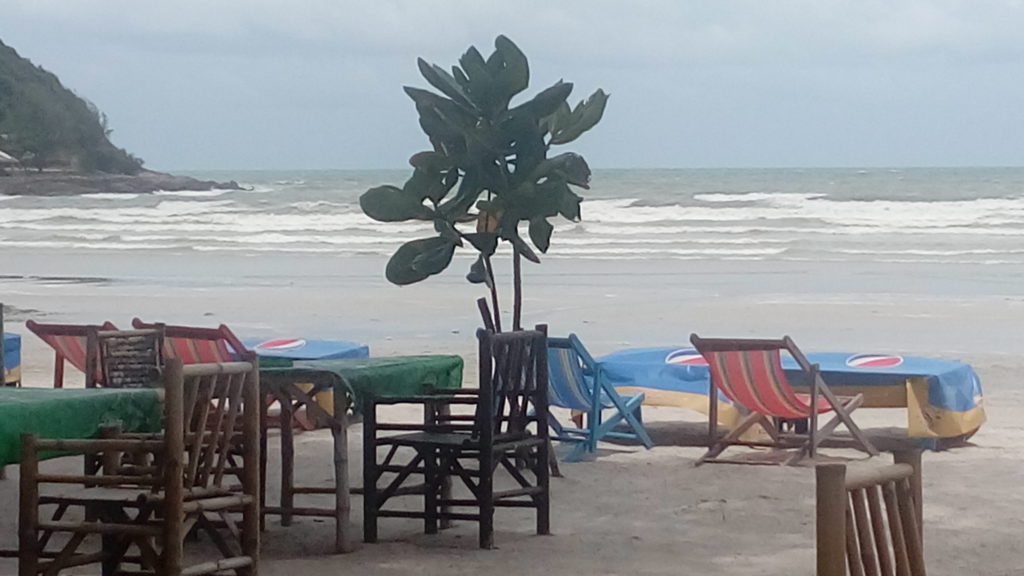 It’s no secret that I’m a big fan of Thailand, and that I’d urge anybody who hasn’t visited to seriously consider doing so. However, as with every travel destination, there are risks that you should keep in mind.
It’s no secret that I’m a big fan of Thailand, and that I’d urge anybody who hasn’t visited to seriously consider doing so. However, as with every travel destination, there are risks that you should keep in mind.
Two pieces of negative publicity have emerged recently. One involves entrepreneur Elon Musk, who was in a snit over his technology not being used to save the young members of a football team trapped in a Chiang Rai cave and said that one of the rescue divers, a Briton who lived in Thailand, must be a “pedo”. (He has since apologised.)
The other, as reported by Winsor Dobbin on his excellent On The Road Again blog, involves a deluge of cancellations of travel bookings for Phuket after 47 people died in a boat sinking.
As Winsor correctly states, the sinking was a one-off, and it ought not deter travellers to Thailand or anywhere else where an incident has occurred. Lightning rarely strikes twice in the same place.
But perhaps there is something else at play here.
Thailand does have a reputation for being lackadaisical when it comes to matters of health and safety. You can’t go for a walk without noticing something that would clearly be a breach of standards elsewhere.
The country has one of the world’s highest per-capita road fatality rates, thanks in no small part to poor enforcement of safety standards. It’s not uncommon to see a family of five on a single motorbike with, perhaps, just one of them wearing a helmet. Public buses seem to be held together by rust and gaffer tape. Electrical wiring is exposed, buildings have large cracks … and tourist boats can be poorly maintained and overloaded.
These problems can be attributed to factors other than simple sloppy workmanship or an uncaring attitude. Chief among them is corruption that sees the approval, and poor oversight, of projects that might otherwise not pass muster.
Then there are the activities of organised criminal gangs that control certain industries, including some connected with tourism. The local taxi and tuk-tuk “mafias”, which control who can be employed in the industry and how much they charge (extortionately above the official rate), are well-known examples.
To their credit, the authorities are aware of many of these problems and are trying to correct them, but the issues are widespread and resources are scarce. In a country where there are many demands on the budget just to sustain the population, health and safety rules can be seen as a luxury. Action often only comes after a serious incident has occurred.
None of this, though, should deter potential tourists. The golden rule is not to let your commonsense take a holiday when you do.
Don’t ride a motorbike without a helmet or the proper licence and insurance; don’t board a vehicle that seems to be badly maintained and/or overloaded; don’t eat something that looks or smells “off” (but by all means do indulge in the local cuisine); don’t drop your guard in bars and crowded places.
Thai people are overwhelmingly honest, open and welcoming, and many parts of their country are breathtakingly beautiful.
In fact, if I weren’t already in Thailand while writing this, I might consider snapping up one of those rooms that have been left vacant through unwarranted mass cancellations.
